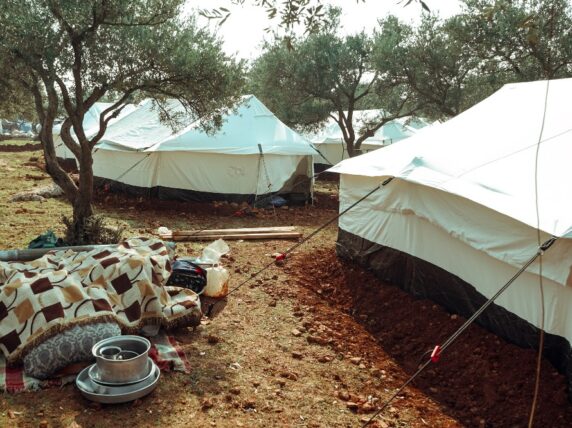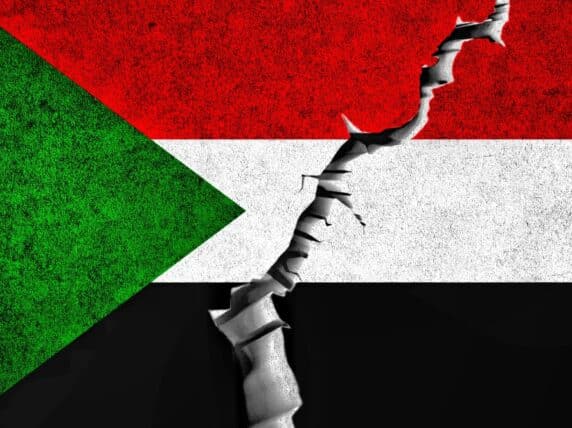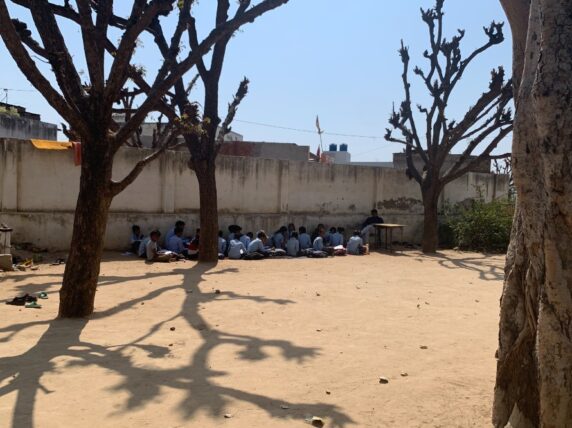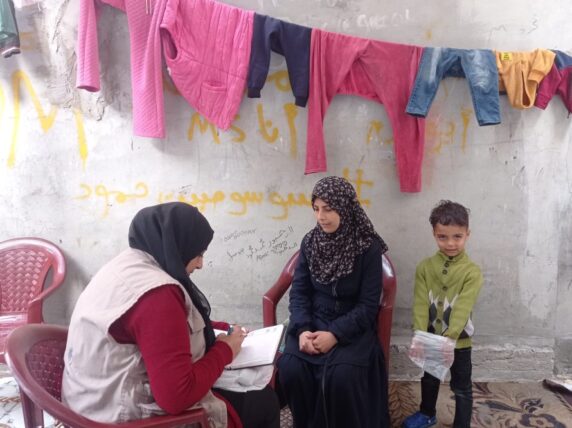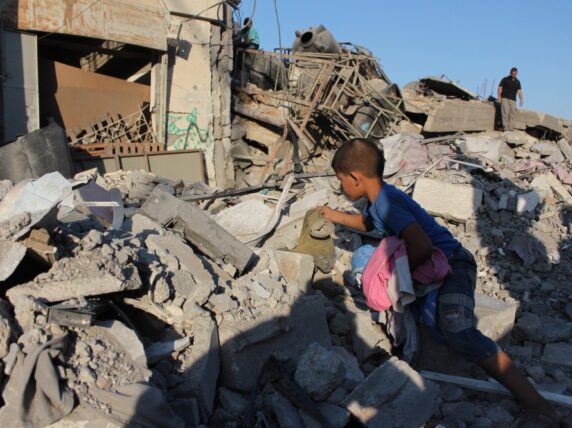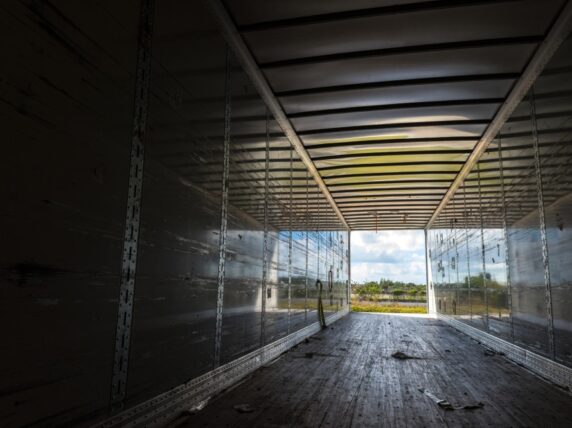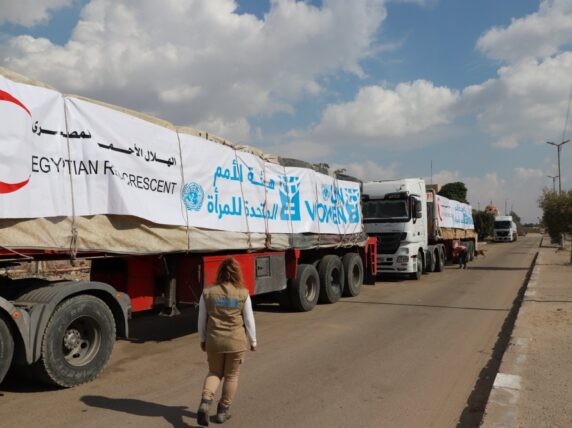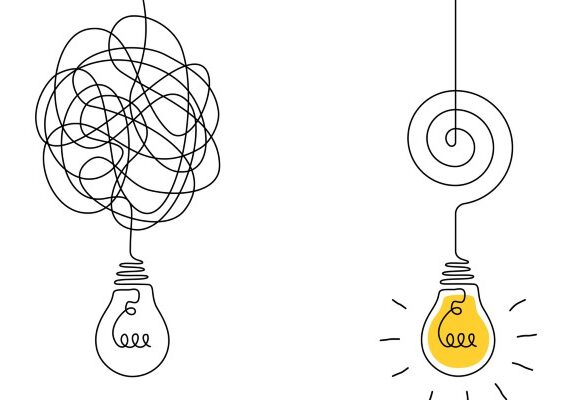The UK has the resources, the influence, and the know-how to make a real difference. What we need from the next UK government is the political will to do so. Here is where they can start.
The brutal conflict in Sudan is approaching it’s one-year anniversary. Mercy Corps’ Rebecca Gibbons tells us why it’s time for the UK government to scale up funding in Sudan and help tackle the ongoing famine.
An increasing number of children are spending their lives on the streets, lack protection and are at risk of post-traumatic stress disorder and other mental health issues. It is crucial they are not left behind.
As horrors continue to unfold by the minute in Gaza, the methodical onslaught on the sexual and reproductive health of women and girls in the territory has had dire consequences.
Since October 7 2023, life has changed beyond recognition for the 2.2 million people living in the Gaza Strip. While children are always the innocent victims of any violent conflict or crisis, the impact of this war on children is unprecedented.
By working with those with lived experience, creating new spaces for survivors to set agendas, we can make our policy and programming work far more effective, in both anti-trafficking spaces and beyond.
Two years on from the Russian invasion of Ukraine, the humanitarian effort is still being lead by international organisations as opposed to locals. It is time to divert our funding and our attention.
As the conflict in Gaza creates an increasingly desperate humanitarian crisis, we look at the multiple factors that are making the distribution of assistance almost impossible.
Done right, integrated mental health support can demonstrably lead to stronger, more inclusive and peaceful communities, resulting in people feeling more positive and hopeful for the future. Ruth Simpson of International Alert tells us about their work on integrated mental health in peacebuilding.

